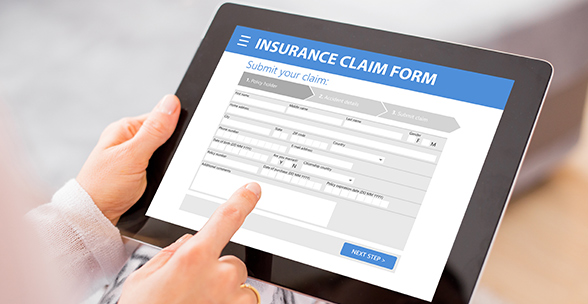CMS Resumes Audits Despite the Public Health Emergency
We asked our Kareo Billing Coding Specialist, Terri Joy, what guidelines you should be aware of, regardless of whether your company or practice clients handle incoming audit requests. They include:
It is important to watch the audit results regarding Public Health Emergency (PHE), to ensure the rules that were in place on the date of the service were applied during the audit. In the first few months of the PHE, rules changed several times for telehealth services – what services were covered, where thepatient could be located, what providers were eligible to report telehealth services, and more. Ensure you are familiar with these rules as well as when and how they changed.
For an audit request, it is essential to respond in a timely manner. The number one reason audits result in overpayments is “no medical records received,” which typically means that the records were not sent. It is best practice to have one person appointed to handle all audit responses and communication so that there is no doubt who the audit results should be sentto and managed.
Make sure that you send all of the requested information, but no more than what is needed. If records are requested for an encounter performed by Dr. Smith on September 1, include all records for the visit plus nursing notes, anylabs reviewed, as well as any other associated notes from that date of service—including notes referenced by Dr. Smith. Do not send the patient’s entire chart or notes from visits on different days or with different providers.
Ensure the records are legible. If there are any handwritten notes that might be in question, it’s a good policy to send a transcription of the note along with a copy of the handwritten note. It goes without saying, all originals should stay with the practice and copies should be sent for audit.
In the unfortunate event that records do not exist to support the requested audit, it is better to send a note stating that rather than not respond to the request. Be sure to follow that up by investigating whether the missing recordis an anomaly or whether there is an issue that needs to be resolved within the record.
Always complete an internal review of any charges and records sent for audit to determine whether you, or the practice, agree with what was originally billed. If there isn’t agreement, determine whether any training or policy change would be appropriate for the practice and whether the practice may have additional exposure if this audit request were used to open a wider review of the practice’s billing.
If fax is available, send your response by fax and keep the confirmation of successful transmission. Otherwise, send by certified mail with receipt requested. Keep a record of all documents sent with the fax confirmation until the audit is completed. Fax is considered a faster response than mail, but certified mail is also a reasonable option.
Finally, if the audit results state that there was an overpayment, re-audit those records to determine whether you agree with the finding. If you disagree, appeal with the policies in writing. Be sure to call out dates that areapplicable and any breach of the carriers’ manual. If you speak with an auditor at any time in the process, be sure to provide accurate answers. Remember, any conversations with the payer about the audit will be used as part of determining the audit result.
In summary, Terri Joy found that from her own professional experience, when it comes to any area of specialty—even telehealth—the practice may understand the rules better than a general auditor. If you are able to communicate with the auditor via email or phone, take the opportunity to create a rapport with them and offer any educational material you have on your specialty that may help them successfully complete your audit.
In the end, responding to an audit request—even for just one record—in a timely manner with good record keeping will go a long way to help protect the financial health of your practices.




















